Serbia's Kosovo bid still tough, but improved
President Boris Tadić says Serbia's position in its bid to retain Kosovo has improved since the talks started.
Sunday, 07.10.2007.
14:31

President Boris Tadic says Serbia's position in its bid to retain Kosovo has improved since the talks started. In an interview with FoNet news agency Sunday, he warned that the situation is still difficult, since the danger of a unilateral declaration of independence by ethnic Albanian leadership in the province has not yet been avoided. Serbia's Kosovo bid still tough, but improved "We insist on status discussions, the Albanian side does not want that, rather, they would like to talk about relations between two independent states," Tadic said of the latest developments in the negotiating process, and repeated that Belgrade was committed to debating the status, not post-status issues. "We believe everything can be a subject of negotiations, except for our country's borders, its sovereignty and integrity," the president said, and added Kosovo Albanians could be given the status of "the most favored ethnic group" in the country. "We are in this context ready to offer more flexible proposals, but we cannot, and will not, negotiate Serbia's sovereignty and integrity," Tadic said, describing the circumstances in which the talks are unfolding as "very difficult". "We are optimistic, investing all our energy and skill into the talks, but the citizens should know we are not out of the woods yet," the president warned. Tadic said that the UN Security Council will not adopt a Kosovo solution unfavorable for Serbia, not only because of the Russian position, but also thanks to those of China, South African Republic, Congo, Panama and Peru. He also pointed out that some European counties, such as Holland, have changed their stance and are now advocating a UN solution for the province, "a great change compared to six or seven months ago." But the United States continue to pursue a policy contrary to Serbian interests, Tadic said, and added he confirmed to all his U.S. interlocutors Serbia will not recognize Kosovo's independence. The president believes that the latest round of talks held in New York and mediated by the Contact Group Troika achieved some progress, particularly since a declaration after the meeting called for restraint and refraining from violence, something important for the Kosovo Serbs, since they are Europe's most endangered ethnic community. Tadic also appealed to the public to stand up to extremism, and called for a moderate approach on all sides. Boris Tadic in New York (FoNet)
Serbia's Kosovo bid still tough, but improved
"We insist on status discussions, the Albanian side does not want that, rather, they would like to talk about relations between two independent states," Tadić said of the latest developments in the negotiating process, and repeated that Belgrade was committed to debating the status, not post-status issues."We believe everything can be a subject of negotiations, except for our country's borders, its sovereignty and integrity," the president said, and added Kosovo Albanians could be given the status of "the most favored ethnic group" in the country.
"We are in this context ready to offer more flexible proposals, but we cannot, and will not, negotiate Serbia's sovereignty and integrity," Tadić said, describing the circumstances in which the talks are unfolding as "very difficult".
"We are optimistic, investing all our energy and skill into the talks, but the citizens should know we are not out of the woods yet," the president warned.
Tadić said that the UN Security Council will not adopt a Kosovo solution unfavorable for Serbia, not only because of the Russian position, but also thanks to those of China, South African Republic, Congo, Panama and Peru.
He also pointed out that some European counties, such as Holland, have changed their stance and are now advocating a UN solution for the province, "a great change compared to six or seven months ago."
But the United States continue to pursue a policy contrary to Serbian interests, Tadić said, and added he confirmed to all his U.S. interlocutors Serbia will not recognize Kosovo's independence.
The president believes that the latest round of talks held in New York and mediated by the Contact Group Troika achieved some progress, particularly since a declaration after the meeting called for restraint and refraining from violence, something important for the Kosovo Serbs, since they are Europe's most endangered ethnic community.
Tadić also appealed to the public to stand up to extremism, and called for a moderate approach on all sides.











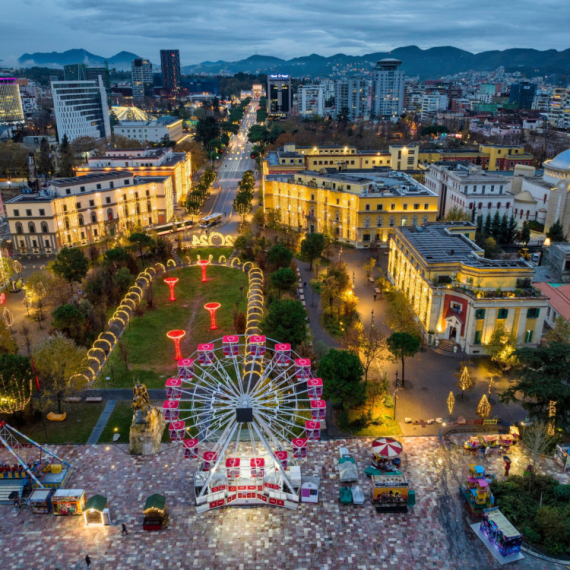
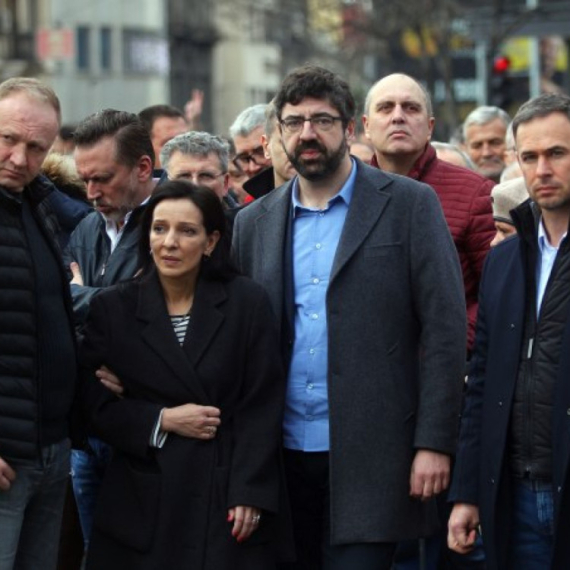

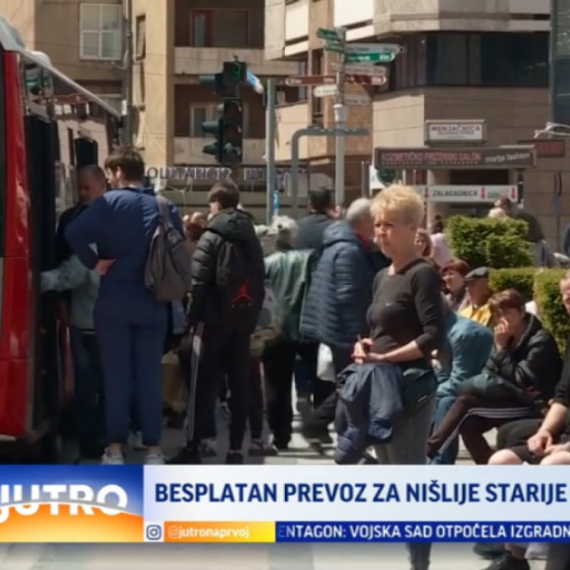









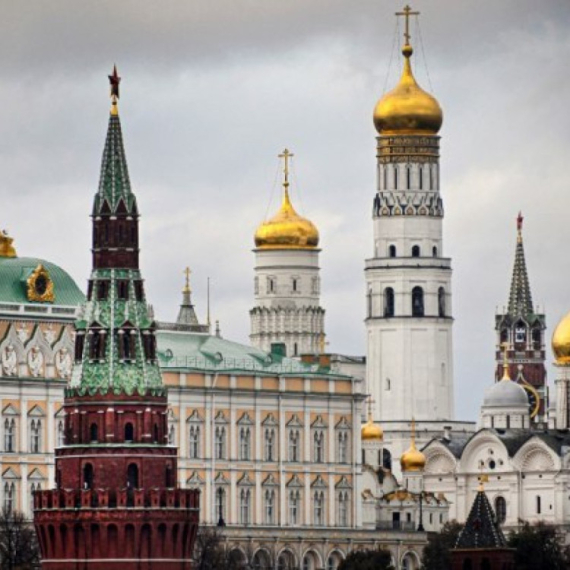





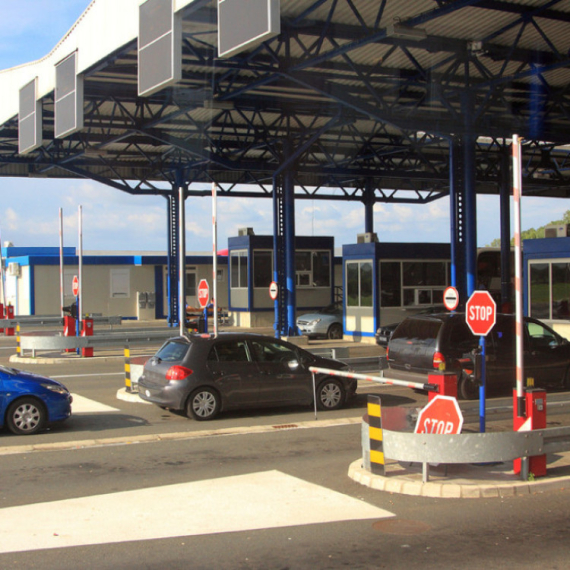






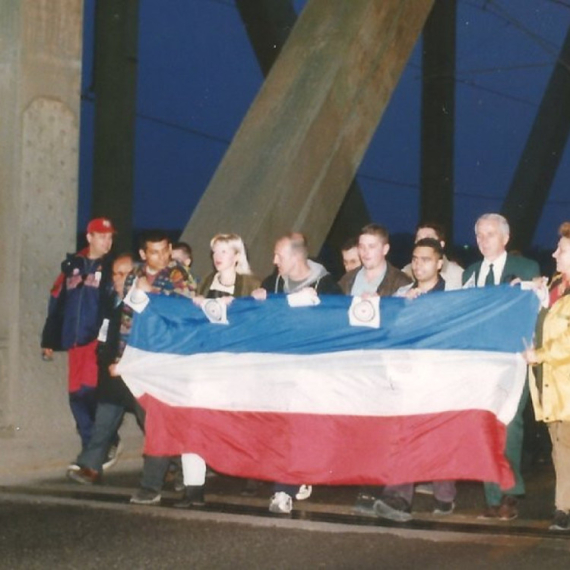



Komentari 38
Pogledaj komentare